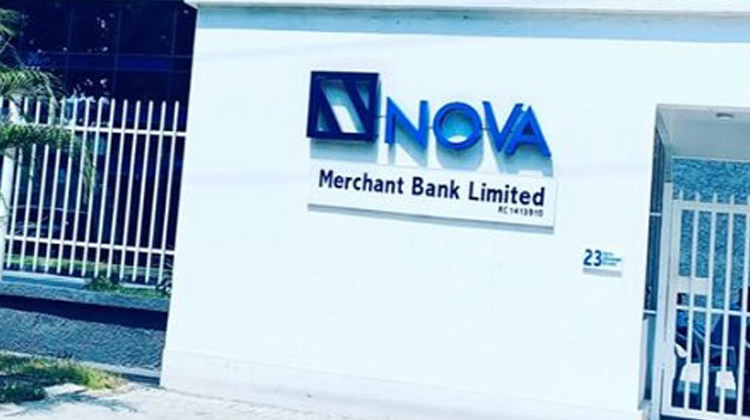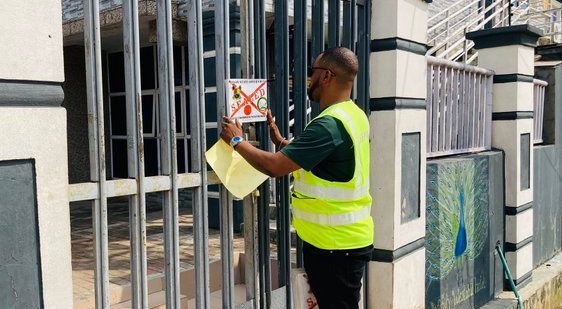Legit.ng journalist Victor Enengedi has over a decade's experience covering Energy, MSMEs, Technology and the stock market.
As Nigeria celebrates another Independence Day, it's a time for reflection on the nation's progress and ongoing struggles. Despite its enormous potential, Nigeria faces numerous economic challenges that have shaped its development over the years.
Here's a look at some of the major economic issues affecting the country in the last few decades.

Source: UGC
1. Oil dependency
Nigeria's economy has long been dominated by oil, which accounts for a significant portion of government revenue and export earnings.
However, the volatility of global oil prices has exposed the dangers of over-reliance on a single commodity.
Fluctuations in oil prices have led to recurrent economic crises, budget deficits, and inflation.
Efforts to diversify the economy into agriculture, manufacturing, and technology have made some progress, but not enough to insulate the nation from oil price shocks.
2. High unemployment rates
Unemployment is a persistent issue in Nigeria, particularly among the youth.
According to data from the National Bureau of Statistics, the unemployment rate has remained alarmingly high in recent years.
A large portion of the youth population lacks access to adequate jobs, leaving them vulnerable to poverty and contributing to rising insecurity.
The informal sector remains the largest source of employment, often providing low-paying and unstable jobs.
3. Foreign exchange instability
Foreign exchange volatility is a significant challenge for the Nigerian economy. The country has experienced multiple currency devaluations, primarily due to a drop in oil revenues, which are a major source of foreign exchange earnings.
The Central Bank of Nigeria (CBN) has struggled to maintain a stable value for the naira, which has led to the emergence of a parallel market with much higher exchange rates.
This situation complicates foreign investment and trade, as businesses face uncertainty in currency valuation.
4. Nigeria's rising debt profile
Nigeria's debt burden has been growing steadily, raising concerns about the country's financial stability.
While borrowing has been necessary to fund infrastructure projects and support economic growth, the rising debt servicing costs have put pressure on government finances.
A large portion of revenue is now spent on servicing debts, leaving limited funds for critical sectors like education, healthcare, and social welfare.
5. Inadequate infrastructure
Infrastructure deficit is a major roadblock to Nigeria's economic growth. Poor road networks, inadequate power supply, and limited access to clean water and healthcare services have hindered both local businesses and foreign investment.
The lack of stable electricity, in particular, has stunted the growth of the manufacturing sector and discouraged foreign investors.
Despite efforts by successive governments to address this challenge, progress has been slow, and the infrastructure gap remains significant.
6. Corruption and governance issues
Corruption has plagued Nigeria for decades, severely hampering economic development. The mismanagement of public funds, lack of accountability, and inefficiencies in public institutions have undermined the country's ability to implement effective economic policies.
Corruption affects everything from the allocation of resources to the execution of infrastructure projects, leading to wastage and reduced public trust.
Without significant progress in tackling corruption, economic growth will continue to be stunted.
As Nigeria marks another year of independence, it's essential to acknowledge these economic challenges and recognize the need for sustainable solutions.
Addressing these issues will require consistent political will, effective governance, and a commitment to diversifying the economy. Only then can Nigeria unlock its full potential and achieve inclusive growth for its people.
PAY ATTENTION: Сheck out news that is picked exactly for YOU ➡️ find the “Recommended for you” block on the home page and enjoy!
Source: Legit.ng
















 English (US) ·
English (US) ·